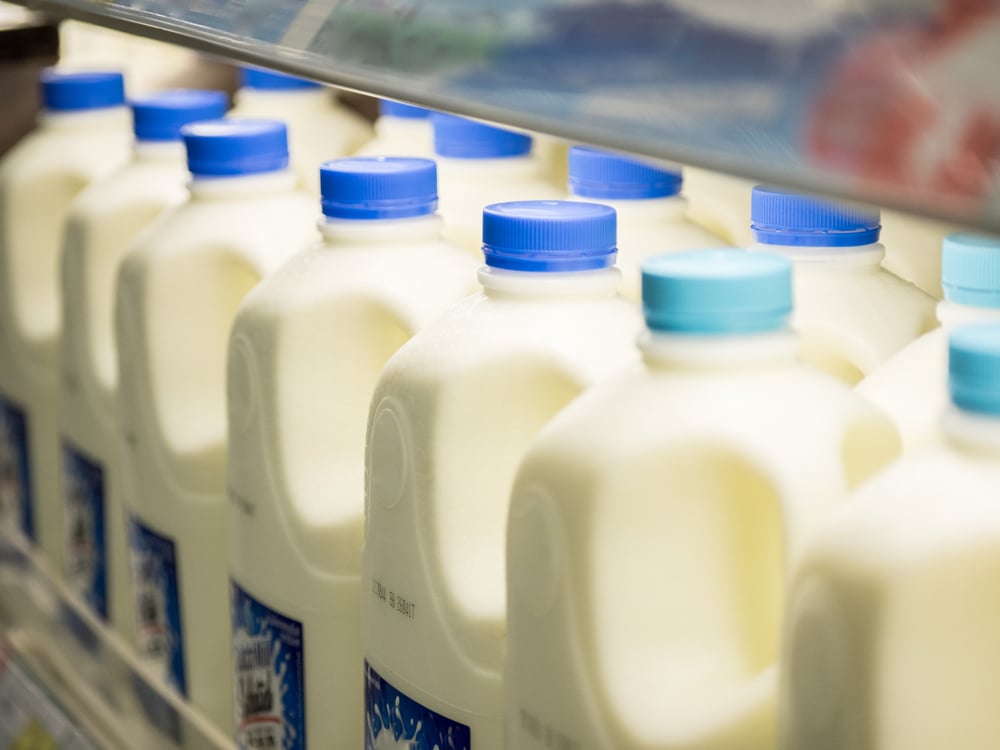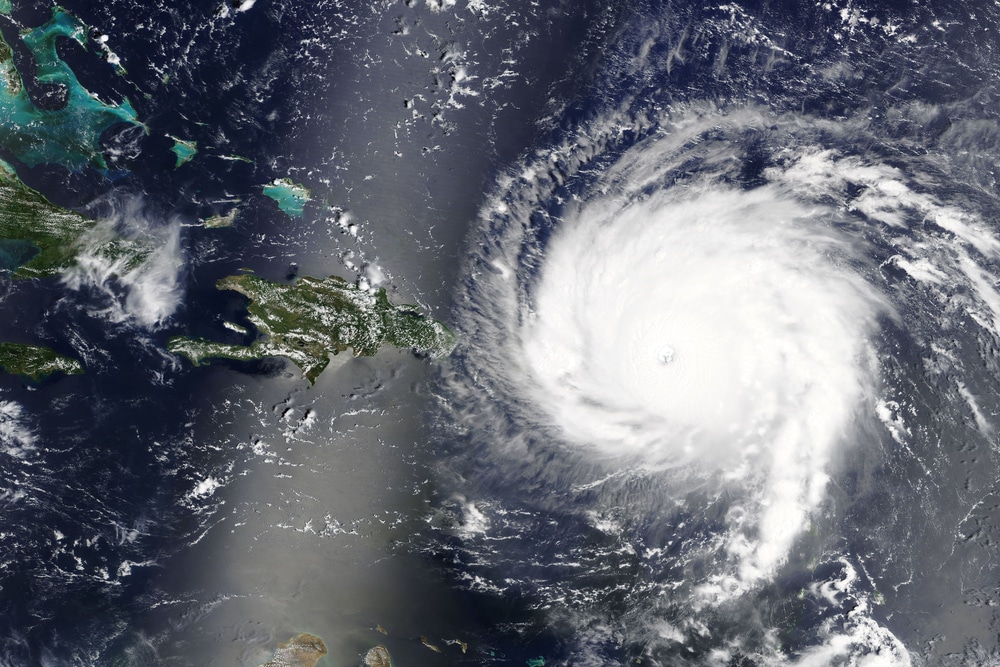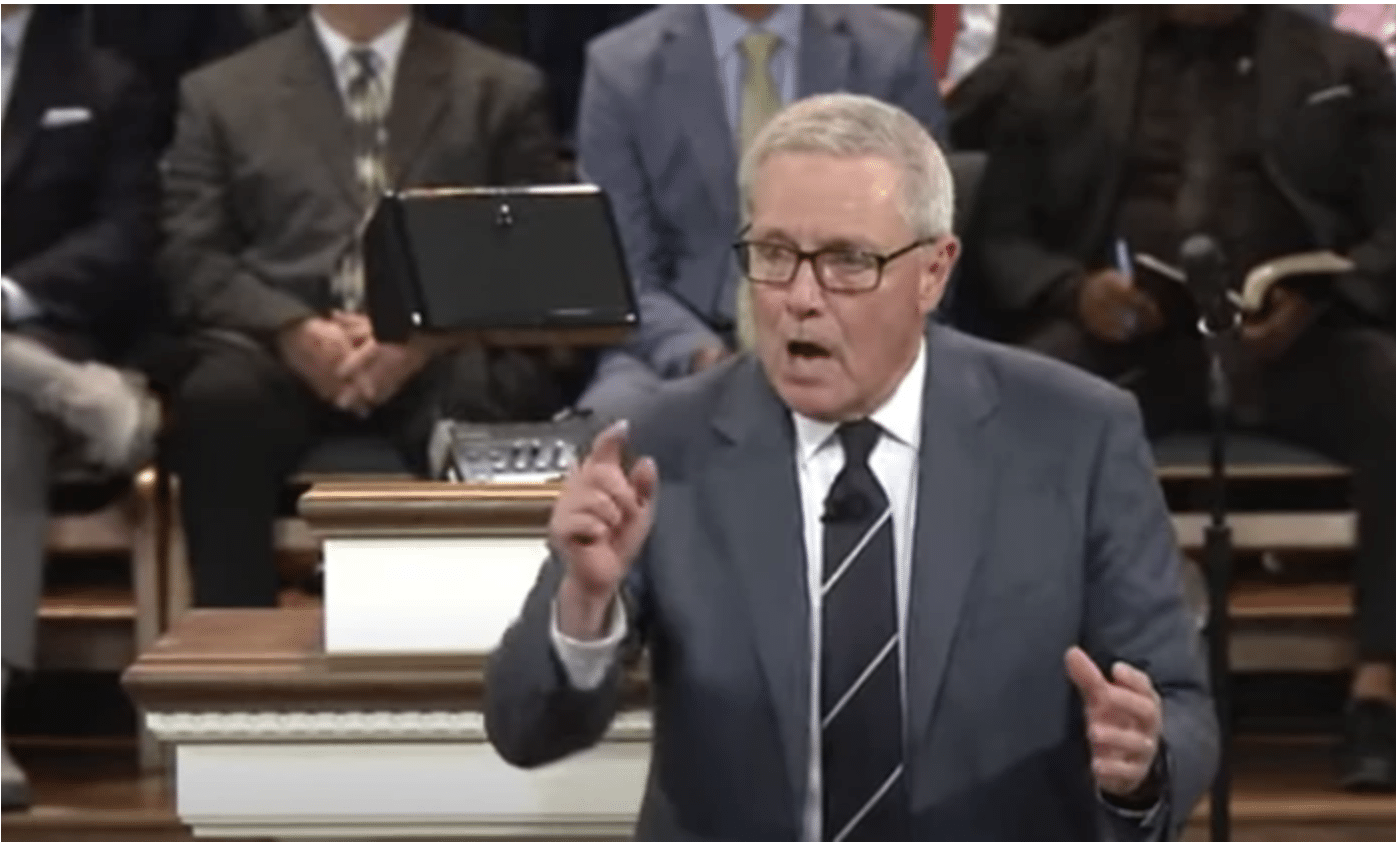(LA Times) – Rebecca Esparza works with homeless people and, having once lived in a shelter herself, knows what it’s like to navigate the U.S. economy if you don’t have much money. For most of her clients, cash is king because they lack access to the financial tools many Americans take for granted — checking accounts, debit cards, payment apps. Esparza worries that the growing number of cashless stores and restaurants around the country will further marginalize low-income people at a time when inequality is already the highest in more than half a century. “We just forget just how poor the poor can actually be in this
country,” said Esparza, who works at the Lawrence, Kan., affiliate of the nonprofit Family Promise and once sold her blood to support herself and her five children. “I could totally be part of that cashless system today, but it would totally discriminate.” Legislators around the country agree with Esparza and are taking steps to halt or slow the march toward a cashless society. Last month, New Jersey passed legislation banning many kinds of cashless stores, joining Massachusetts, which has a 1978 law prohibiting discrimination against customers opting to use cash, and Philadelphia, which adopted a similar law in February. READ MORE

















